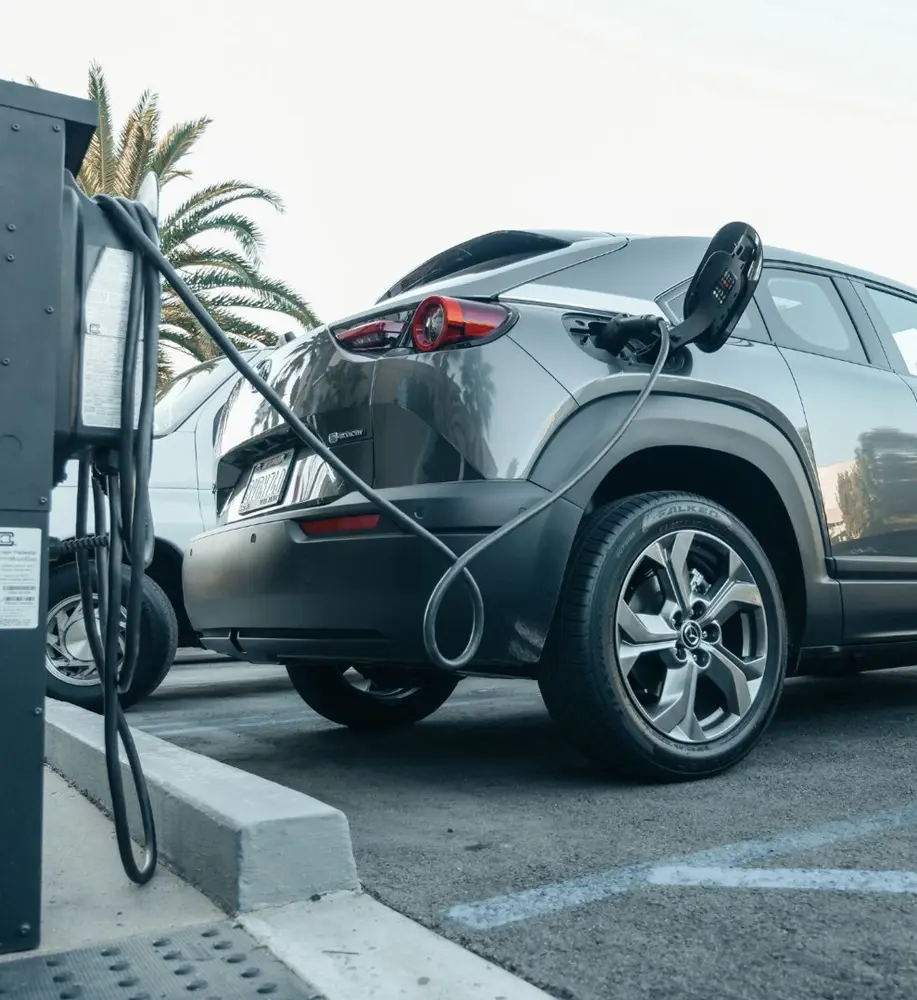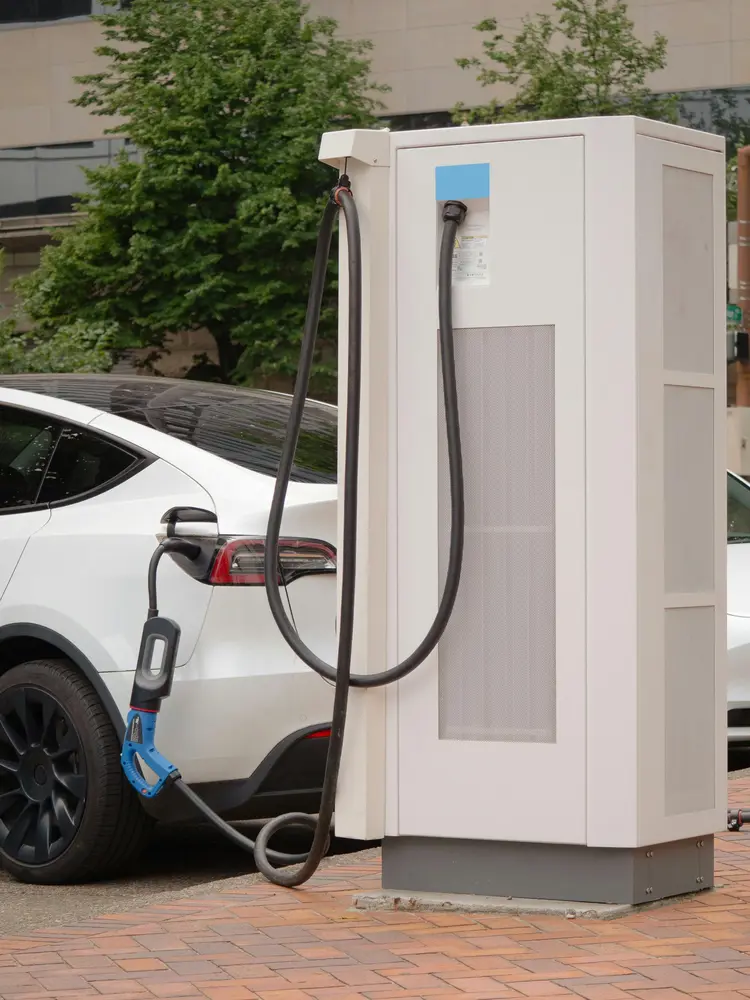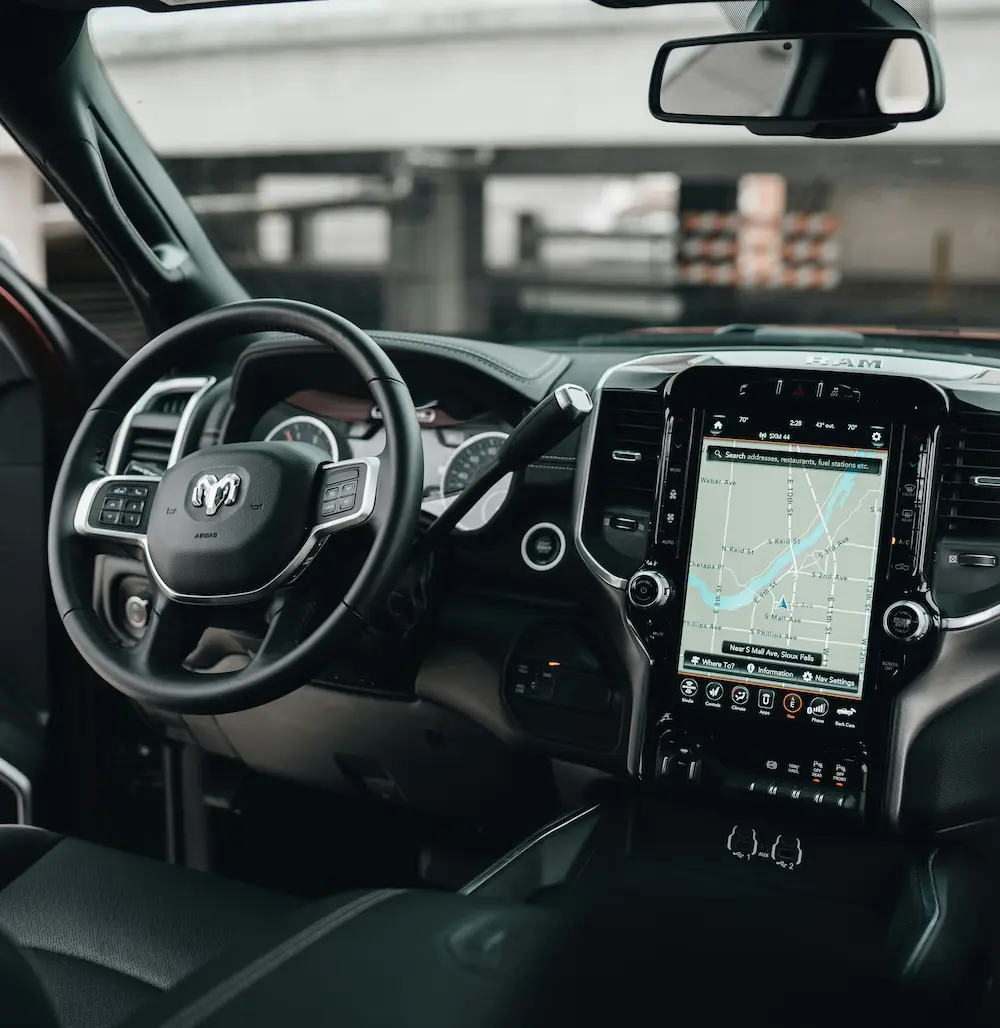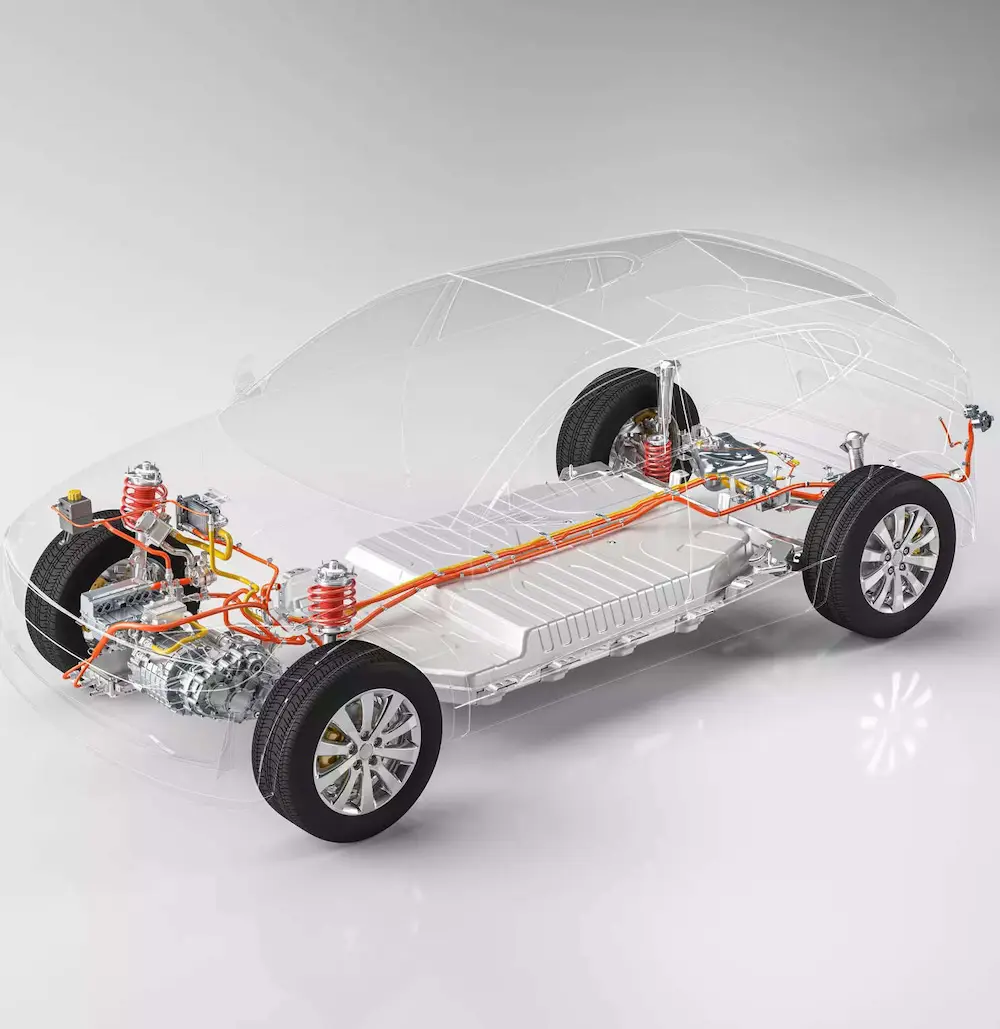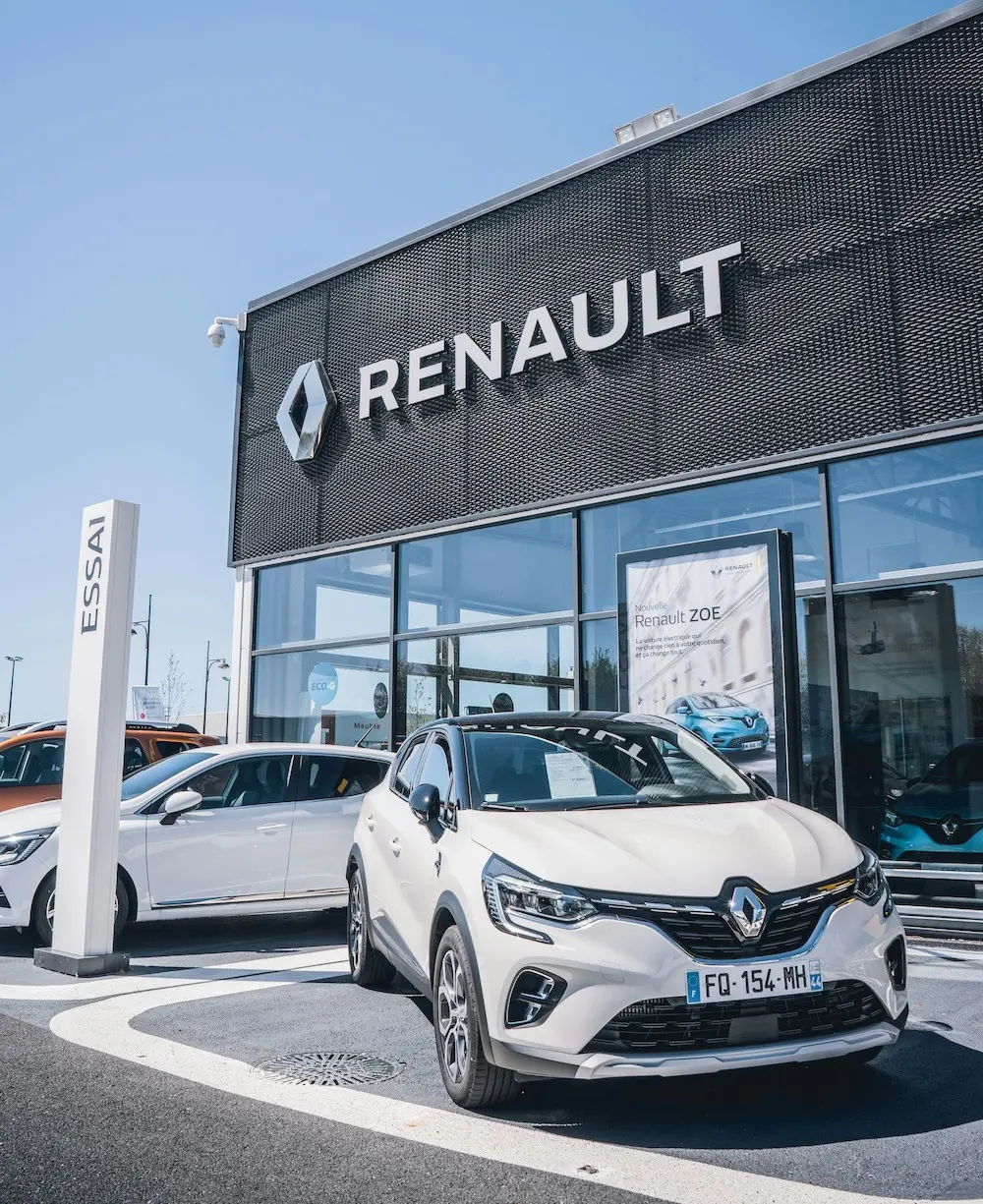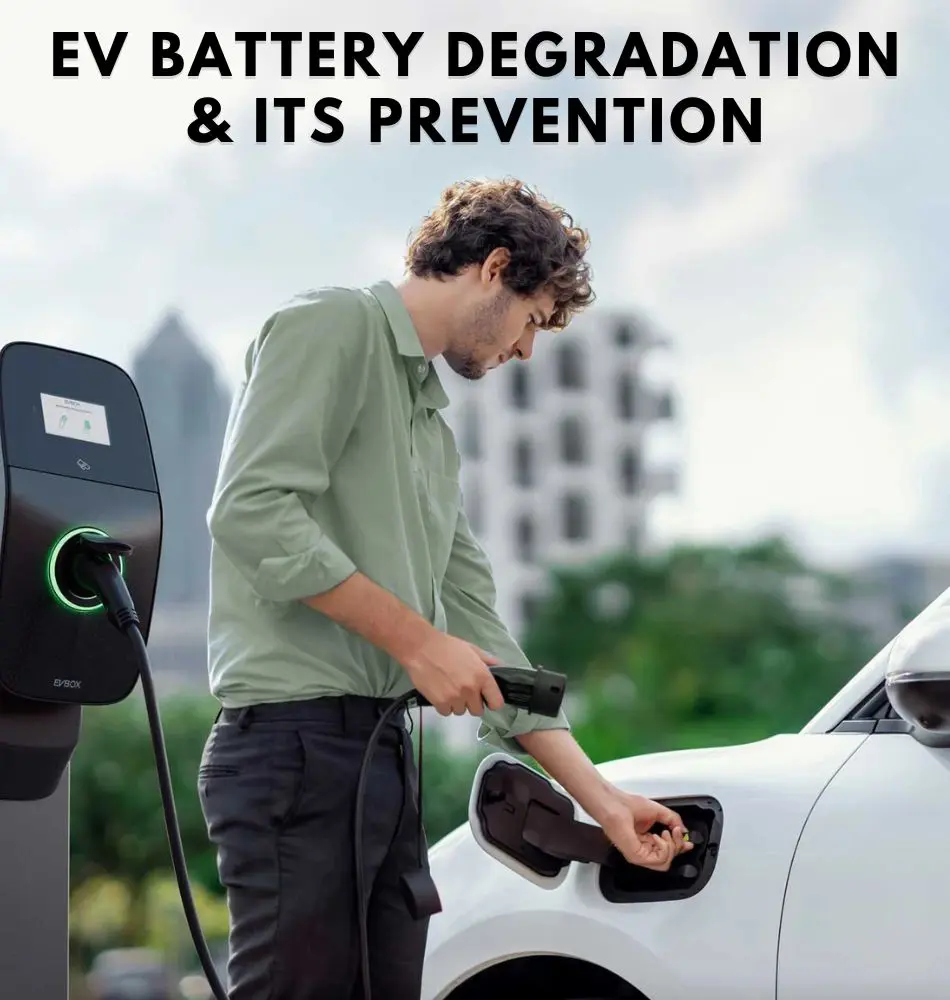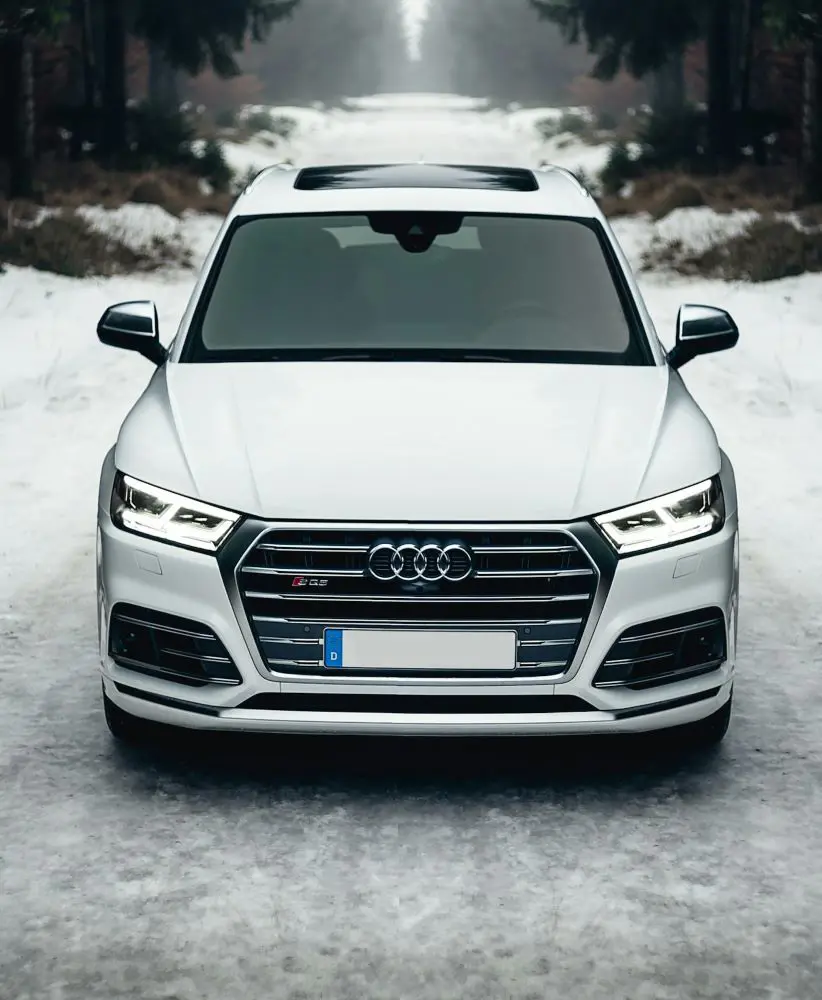Electric cars have taken the auto market and industry by storm. Every manufacturer is trying their luck on the new segment of commercial light to medium vehicles to expand their reach in EV markets.
With the rise in sales and companies like Tesla and Rivian pushing their EVs, people are switching to the greener alternative of driving like never before. However, it is worth considering the benefits and challenges before making up your mind to make the switch. EVs might not cater to all needs, just yet.
What Classifies As An Electric Car?
Electric cars have a broader definition than we probably are familiar with. While we think of those cars that need to be charged and run on battery power as the only electric cars, there are other less familiar versions available on the market as well.
However, the broader definition of electric cars states any vehicle that uses an electric propulsion system is categorized as an electric car, leaving ample space for other transmission types to fit into this definition. The most common is electric hybrids or plug-in hybrids.
Pros Of Hybrid Electric Cars
Hybrid cars come with a unique set of advantages as compared to both battery-electric cars and gasoline-burning vehicles. Let us explore these unique and fascinating benefits offered by hybrids one by one.
1. Better Fuel Economy And Range
Hybrid cars have much better fuel economy as compared to normal petrol-powered cars despite both using the same fuel. While a normal petrol-powered sedan gives a city driving economy of about 32 miles per gallon, hybrids give over 56 miles per gallon.
Similarly, as compared to all-electric vehicles which are generally rated to give a range of about 250-300 miles per charge, a normal hybrid can propel you up to 650 miles in a single tank.
2. Environmentally Friendly
Electric hybrids are much more friendly to the environment as compared to normal petrol-burning vehicles, they burn less fuel and help reduce carbon emissions. Furthermore, some plug-in hybrids can travel up to 50 miles on battery power alone, meaning you'll only burn gas if you decide to go on an extended journey making them ideal.
3. Charging Is Not A Big Deal
As opposed to the all-electric vehicles, hybrid owners need to worry less about charging as they have a built-in engine to charge the battery pack on the go. Similarly, you can fill your car like a normal petrol car at the gas station which is much faster than staying for up to an hour at a charging station.
Cons Of Hybrid Electric Cars
Electric hybrid cars have several benefits and some are pretty unique to them, but that does not mean they are all sunshine. Some of the cons of electric Hybrid cars are:
1. Maintenance Of Engine
Although they are powered by an electric motor, they still have a combustion engine which needs regular maintenance. The engine has to be serviced every once in a while, and the servicing can cost a lot of money and time making it one of the drawbacks.
2. Lack Of Hydrogen Fueling Infrastructure
This problem will only arise if you opt for a hydrogen fuel cell vehicle and you'll not need to worry about this trouble if your car is a gasoline-electric hybrid. Although the hydrogen-electronic hybrids are much more economical and environmentally friendly, the lack of fueling stations makes life much harder. Currently, California is the only US state with sub-par hydrogen fuel infrastructure.
3. Lacks Performance
Hybrid cars are made with only one thing in mind; fuel economy. Hence, while making the car more economical in terms of fuel, the engineers often trade performance. Although there are exceptions, most easily available and common hybrid cars lack power as compared to both all-electric or gasoline cars making them less popular among power enthusiasts.
Pros Of Battery Electric Cars
All electric battery-powered cars such as Tesla and Rivians are equipped with a huge battery pack and powerful electric motors or motors to drive the wheels. They do not directly burn fossil fuel instead they need to be charged. So, let us explore all their advantages one by one below.
1. Excellent Performance And Power Delivery
Electric vehicles are often known for their insane power delivery thanks to the motors producing instant torque to drive the wheels. Even the largest and heaviest electric performance vehicle has comparable acceleration to super or even hypercars. The modest daily commuters also have a zing in their performance which can be felt in day-to-day driving.
2. Less Maintainance
These kinds of cars do not require constant maintenance as they do not have an engine or a movable transmission making them unlikely to break. However, that does not mean they do not require maintenance at all, while they do require some maintenance the frequency of service station visits is far less than any other gasoline vehicle.
3. Environmentally Friendly
As battery-electric cars do not have an onboard combustion engine, there are no tailpipe emissions. While this ideally means your car is not polluting the environment firsthand, if your electricity comes from a fossil fuel-burning plant then there is still a chance you add a few carbon dioxide emissions to the atmosphere.
Cons Of Battery Electric Cars
Although battery electric cars are talking world by storm offering several advantages, they do have a fair bit of disadvantages. While we already looked at the advantages of all-battery-powered electric cars, it's time to explore their weaknesses one by one below.
1. Expensive
Although running an all-electric car can be cheaper in the long run because you save a ton in gasoline and maintenance, buying them initially will burn a huge hole in your pocket. Entry-level electric cars come in at about $35,000 which is significantly more expensive than their gasoline-powered counterparts.
2. Range Anxiety
Owners and drivers of all-electric vehicles can be related to range anxiety. If you are not cautious enough and plan during a trip, you may end up stranded in the middle of nowhere because charging facilities are not as much as compared to petrol stations in the remote parts of the country.
Furthermore, some models also do not live up to their promises when it comes to their claim range, they dip even below during colder months.
3. Charging Hassle
Now most major cities have a robust network of charging stations capable of servicing the majority of EVs in the market, the same cannot be said for smaller towns or highways. So, if you are someone who lives in a small town or has something to do with traveling a lot on highways or country roads, you probably should consider the charging hassle when thinking about EVs.
Although most EVs can be charged at home in our capable household wiring or dedicated charging plugs, it takes more than a day to get even 50% of the total range. Some cars even take 2 to 3 days to charge up to 80% mark. So, they become a nightmare if there are no fast chargers available nearby.
4. Towing Nightmares
As many of us rely on our trust pick-up trucks to tow a trailer or campers, the electric vehicles do not seem to stand up to the task. While there is no issue with the power and they are more than capable of hauling heavy loads behind, the problem arises in terms of range. Some models are reported to have lost over 35% of their range while towing a mildly heavy trailer.
Content Sources:


